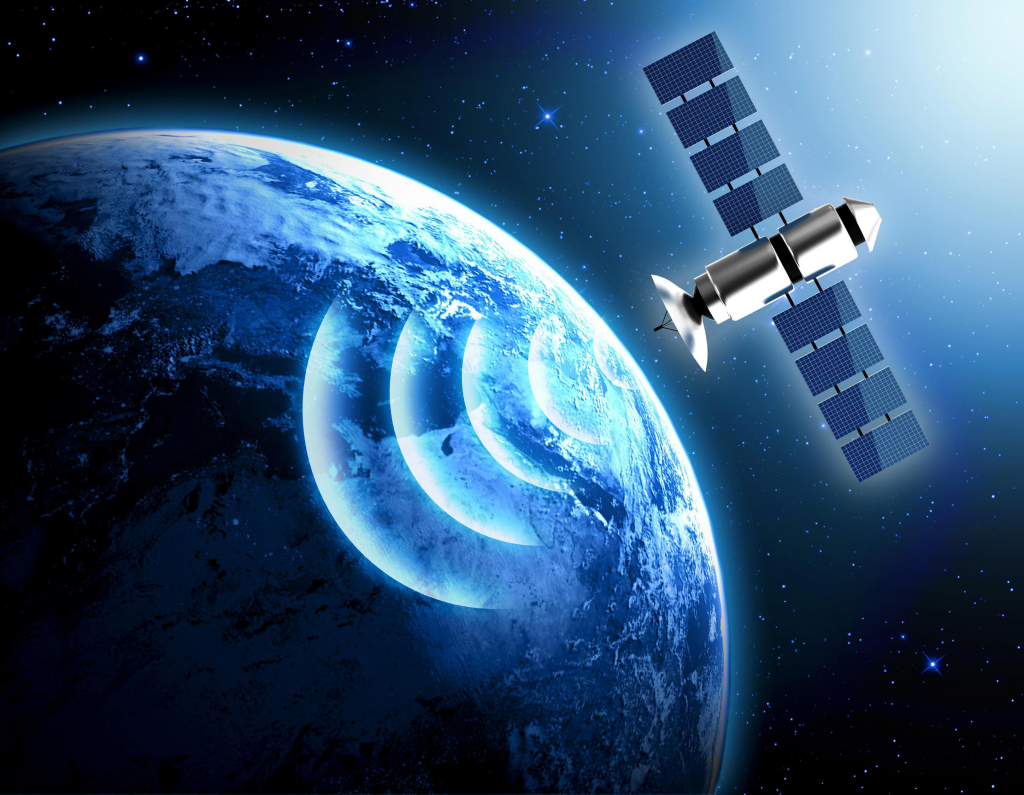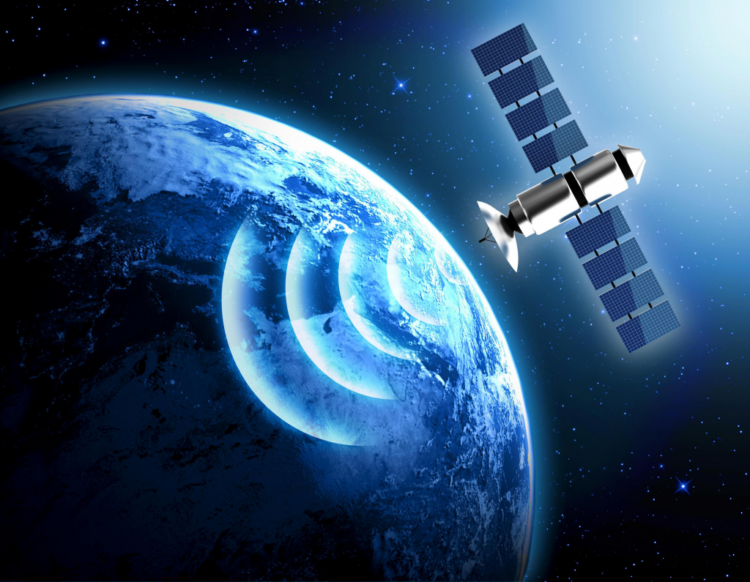
Stakeholders in the Nigerian telecom sector have criticised the Nigerian Communications Commission (NCC) following Starlink’s recent increase in internet subscription prices.
Stakeholders argue that the NCC’s decision to allow Starlink to raise its prices by almost 100% has put local telecom operators in a difficult position. Despite the increasing operation costs, these operators have been unable to adjust their tariffs, which has not gone unnoticed by the industry. Local operators have invested heavily in expanding telecom services in Nigeria but have not been granted permission to review their prices, a situation that is causing them significant financial strain.
One CEO of an internet service provider (ISP) in Nigeria, speaking anonymously, pointed out that Starlink has minimal investment in the country, while local operators have been striving to expand infrastructure and connect more Nigerians. The NCC has been urged to allow local operators to implement tariff reviews, a request that has been on the table for years. The need for a cost-based study before making any decision is becoming increasingly urgent as the financial strain on local operators grows.
A top official from a mobile network operator (MNO) echoed similar sentiments, questioning the fairness of the NCC’s actions and its role as an impartial regulator in the industry.
According to Section 108 of the Nigerian Communications Act 2003 (NCA), the NCC has the authority to regulate telecom tariffs and must approve tariff rates and charges before they are implemented. However, whether the NCC approved Starlink’s price increment remains unclear, while local operators continue to face rising operating expenses amidst inflation and forex challenges in the country.
The NCC’s Director of Public Affairs, Dr Reuben Muoka, has not clarified why Starlink was allowed to increase its subscription prices despite attempts to comment.











